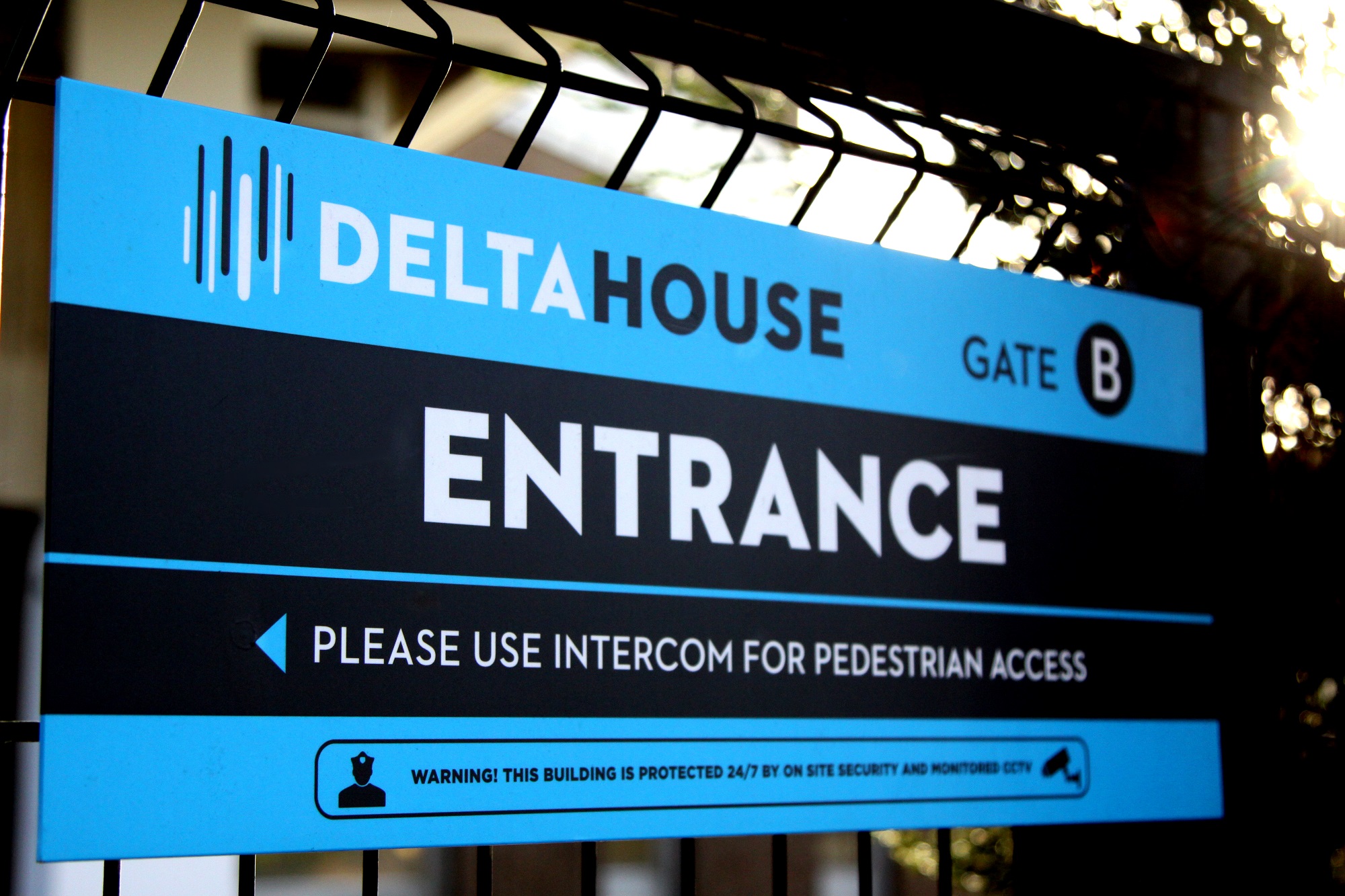
One important trend that we've been seeing through police reporting in recent months is Brand Impersonation.
What is Brand Impersonation?
This is where an e-commerce website or social media account is imitated for fraud.
During busy online purchase days such as Boxing Day or Black Friday, fraudsters use this technique to drive traffic to the fake website and attempt to steal credit card details and personal information or charge fraudulent purchases to people's cards.
Consider a start-up gift shop that's established itself with customers and sells their products through their online store. Criminals will create a fake social media account and copy all the material from the real online store and start to follow the real store’s customers. Criminals will then send a link to their fake website to the real customers.
When everyone is in a hurry to go online and purchase gifts it's easy to fall for this trick and find that personal credentials and card details can get stolen.
What examples of Impersonation have occurred recently?
Impersonation has a long history within fraud, it’s a well-known technique and it can be very effective. When voting for TV shows by phone was first popular, phone lines were set up by fraudsters (with similar phone numbers to the real TV show phone line) to charge victims as high as £20 per call. This tactic relied upon victims to miss-dial the phone number.
A good example was a website set up to target government services. Fraudsters created a fake DVLA driving test website and used Google adverts to promote it. The web address they used was very similar to the real DVLA website and when a victim googled “Book a driving test” the fraudulent site was number one in the search results. After visiting the website the fraudsters would charge victims twice as much as the actual DVLA website but with no test so it cost victims three times as much in the end.
The most recent example we've seen in Greater Manchester is with Manchester Restaurant, Northern Soul. They have been targeted by scammers who have taken control of their social media platforms and demanded cash to return them.
"The Northern Soul Instagram account received a direct message from what seemed to be an official account, warning them of copyright infringement because of background music playing on a video post. The message then directed him to a form where they could either dispute the copyright claim or agree for the video to be taken down. But mere hours after filling in details, Dan said he began receiving suspicious WhatsApp messages demanding money and realised he had been locked out of the accounts." Read more on MEN.
How can I prevent Impersonation?








